Indigenous Governance Database
checks and balances
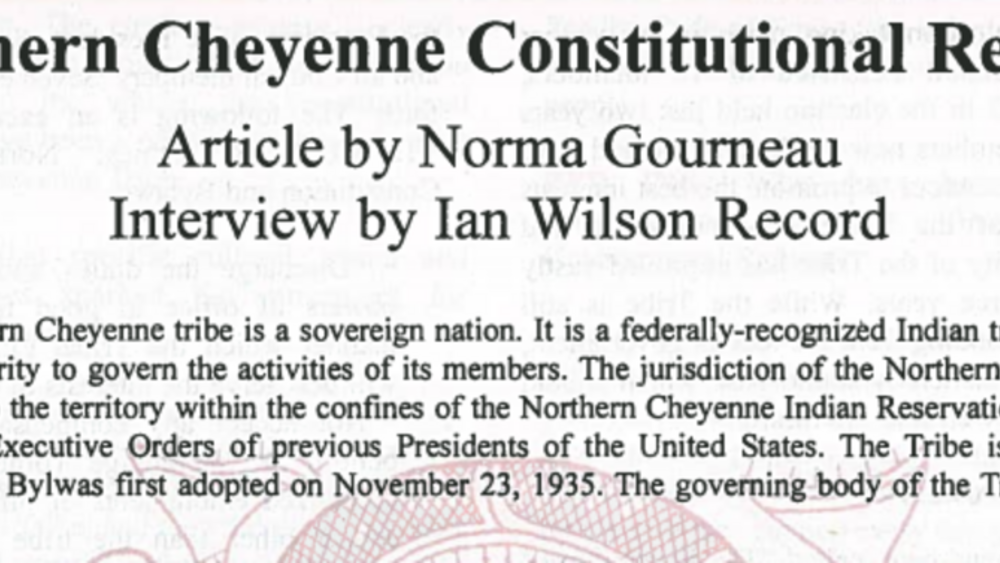
Northern Cheyenne Constitutional Reform
The Northern Cheyenne Tribe is a sovereign nation. It is a federally-recognized Indian tribe with powers and authority to govern the activities of its members. The Tribe is governed by a Constitution and Bylaws first adopted on November 23, 1935. In the early 1990s, in order to meet the…
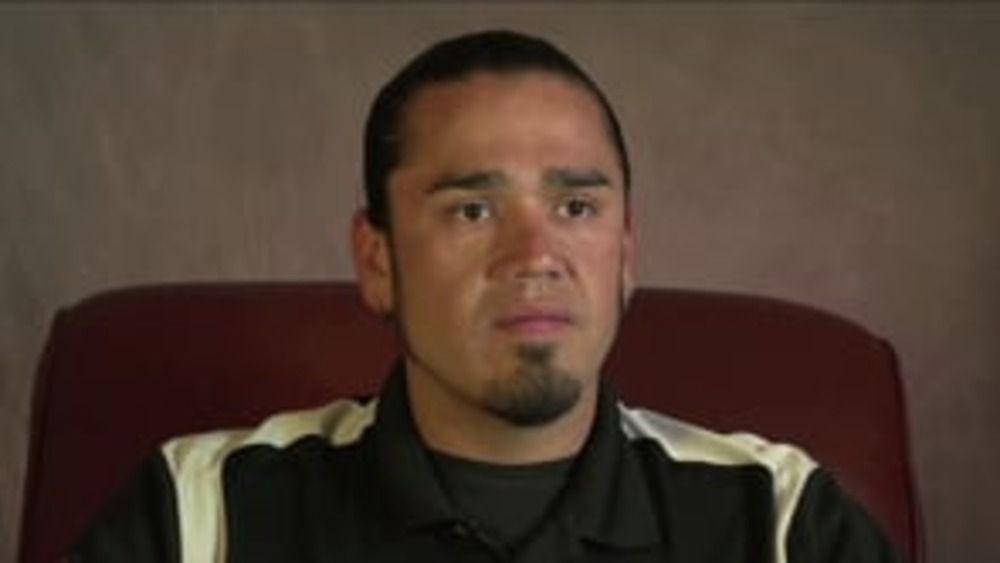
Justin Beaulieu: The Red Lake Nation's Approach to Constitutional Reform
Justin Beaulieu (Red Lake Nation), coordinator of the Red lake Nation Constitution Reform Initiative, provides a detailed overview of how the Red Lake Nation's constitution reform committee has designed and is implementing a methodical, strategic, comprehensive approach to reviewing and reforming…
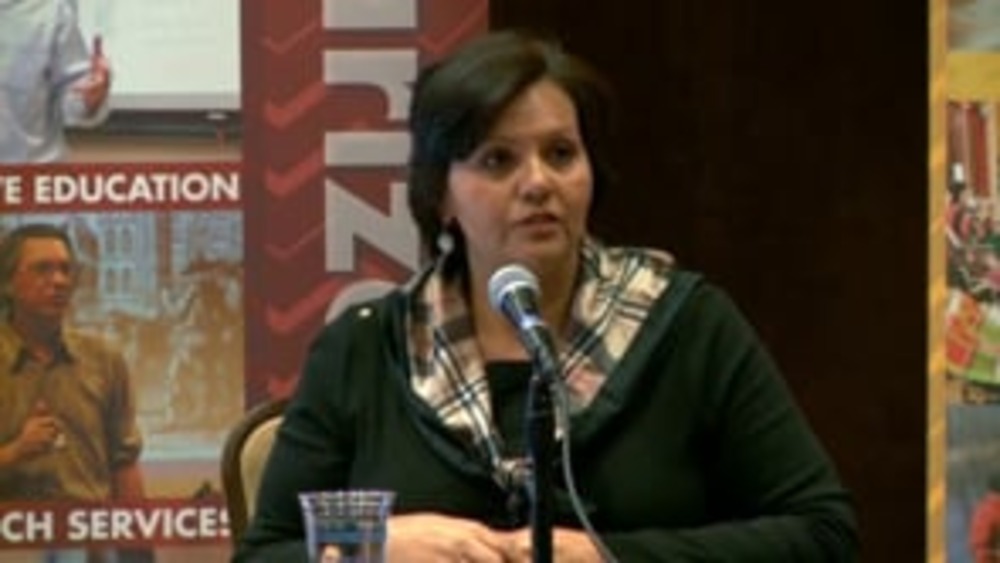
Rae Nell Vaughn: So What's So Important About Tribal Courts?
Rae Nell Vaughn, former Chief Justice of the Mississippi Choctaw Supreme Court, discusses how justice systems are critical to Native nations' exercise of sovereignty, and sets out some key things that those systems need to have in place in order to administer justice fairly and effectively on…
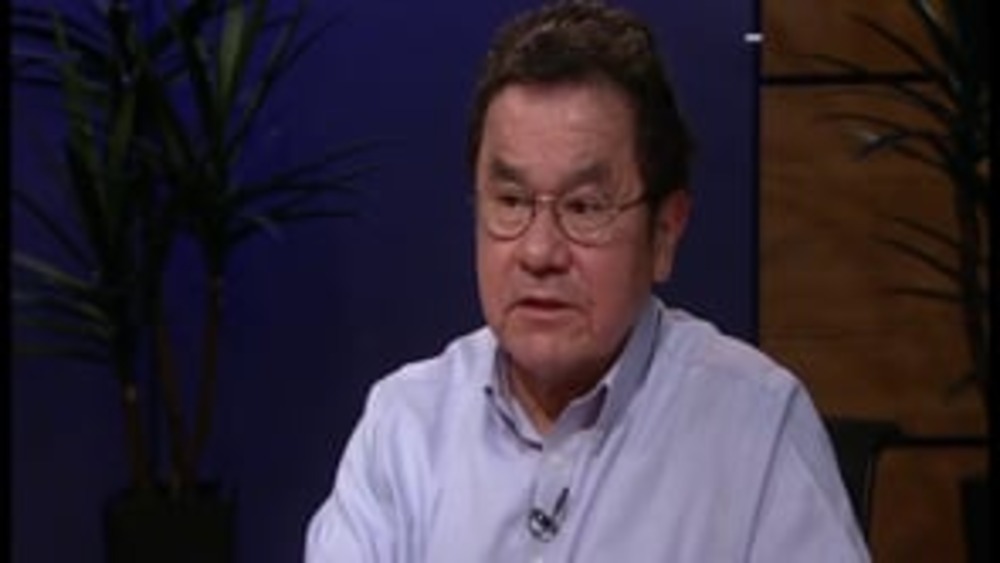
NNI Indigenous Leadership Fellow: John Petoskey (Part 1)
In the first of two interviews conducted in conjunction with his tenure as NNI Indigenous Leadership Fellow, John Petoskey, citizen and long-time General Counsel of the Grand Traverse Band of Ottawa and Chippewa Indians (GTB), discusses how GTB has worked and continues to work to build and maintain…

NNI Indigenous Leadership Fellow: Frank Ettawageshik (Part 1)
Frank Ettawageshik, former chairman of the Little Traverse Bay Bands of Odawa Indians (LTBBO), discusses how LTBBO has set a solid foundation upon which to engage in nation rebuilding through its development and ratification of a new constitution and governance system that is culturally appropriate…

Jill Doerfler: Constitutional Reform at the White Earth Nation
In this in-depth interview with NNI's Ian Record, Anishinaabe scholar Jill Doerfler discusses the White Earth Nation's current constitutional reform effort, and specifically the extensive debate that White Earth constitutional delegates engaged in regarding changing the criteria for White Earth…
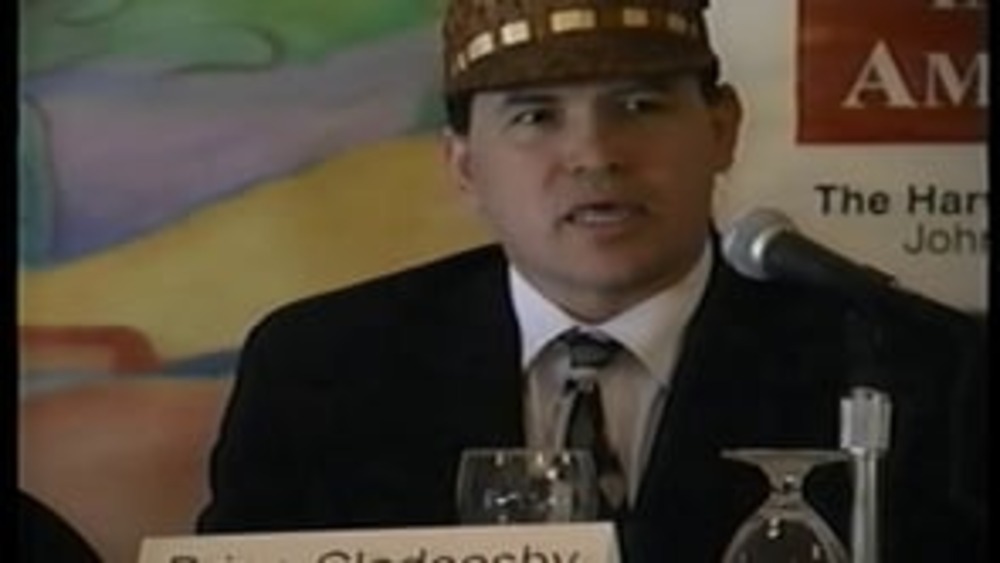
Honoring Nations: What is Good Tribal Governance and Why is it Important?: Tribal Leaders' Perspectives
Moderator Joseph P. Kalt facilitates a rich discussion by an impressive panel of Native nation leaders about the role leaders play in building and sustaining successful tribal programs.
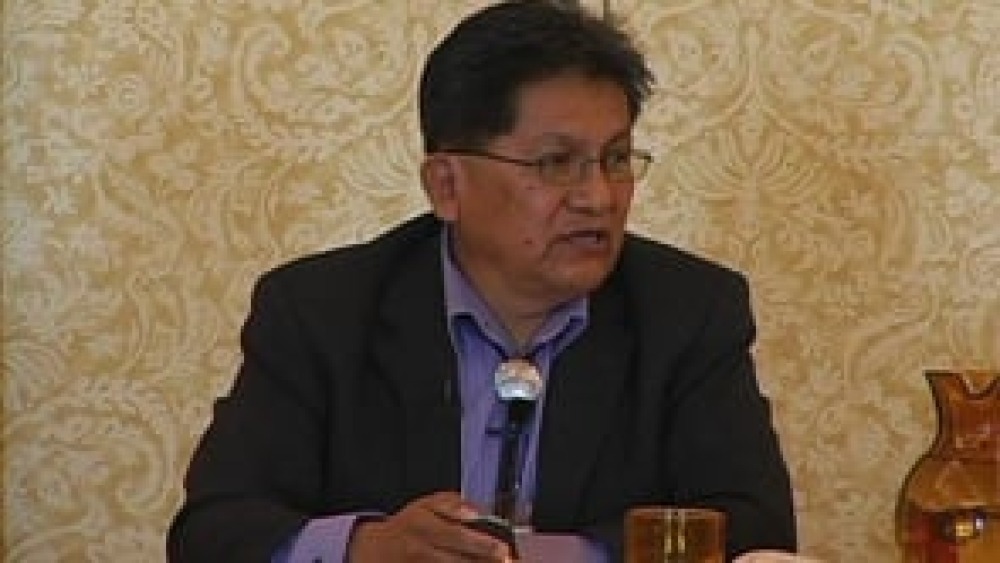
Ben Nuvamsa: What I Wish I Knew Before I Took Office
Former Chairman of the Hopi Tribe Ben Nuvamsa speaks about his tenure as the elected chief executive of his nation, and how the governance issues he and his nation have experienced in recent years offer important lessons to other Native nations.
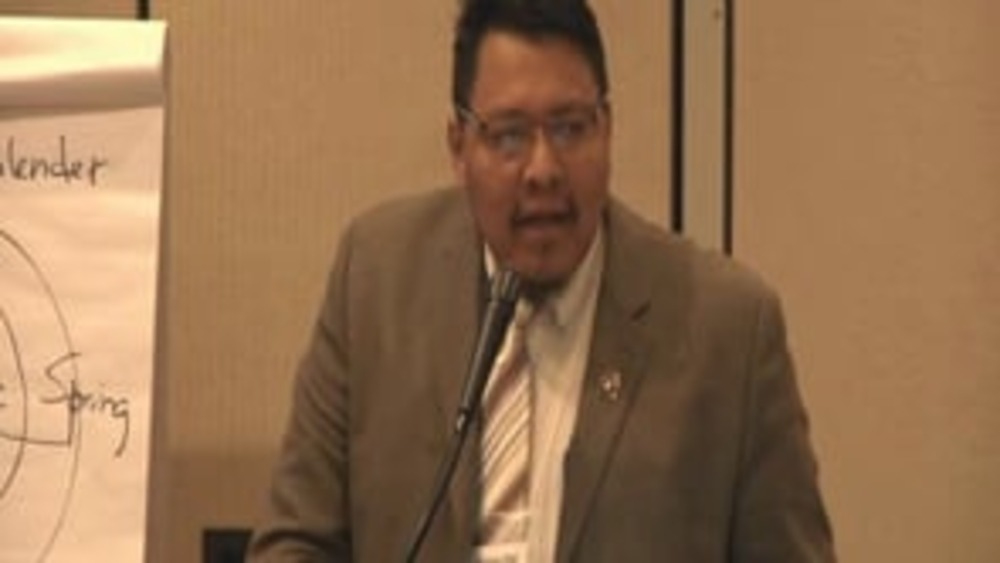
Darrin Old Coyote: Reforming the Apsaalooke (Crow) Nation's Governing System: What Did We Do and Why Did We Do It?
Vice Secretary Darrin Old Coyote of the Crow Tribe's Executive Branch provides a brief history of the Crow Tribe's governance system, and explains the factors that prompted the Tribe to abandon its governance system in 2001 and replace it with a new constitution and system of government…
Todd Hembree: A Key Constitutional Issue: Separations of Powers
Cherokee Nation Attorney General Todd Hembree discusses the critical role of separations of powers in effective Native nation governance, and provides an overview of how the Cherokee Nation instituted an array of separations of powers in the development of their new constitution, which was ratified…
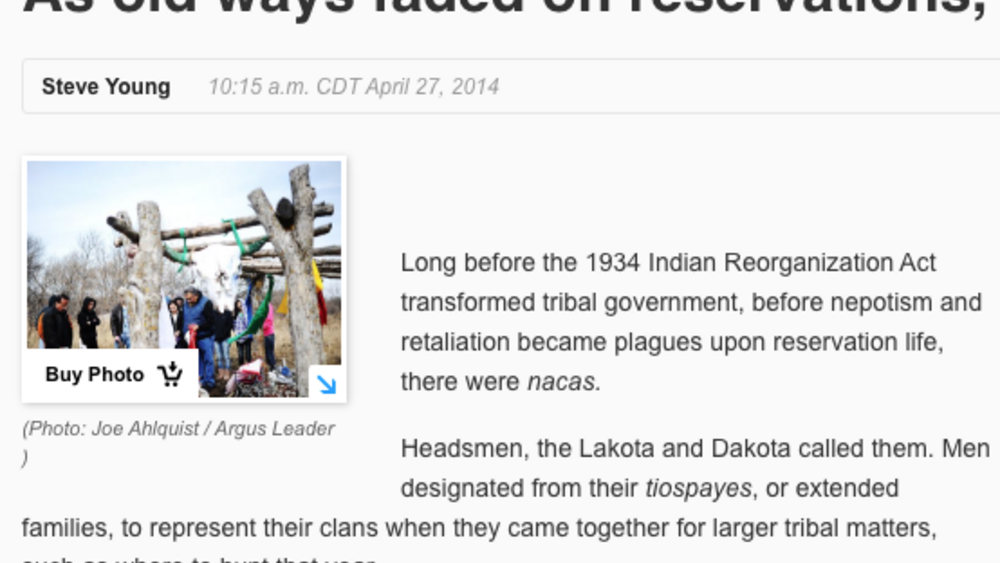
As old ways faded on reservations, tribal power shifted
Long before the 1934 Indian Reorganization Act transformed tribal government, before nepotism and retaliation became plagues upon reservation life, there were nacas. Headsmen, the Lakota and Dakota called them. Men designated from their tiospayes, or extended families, to represent their clans…
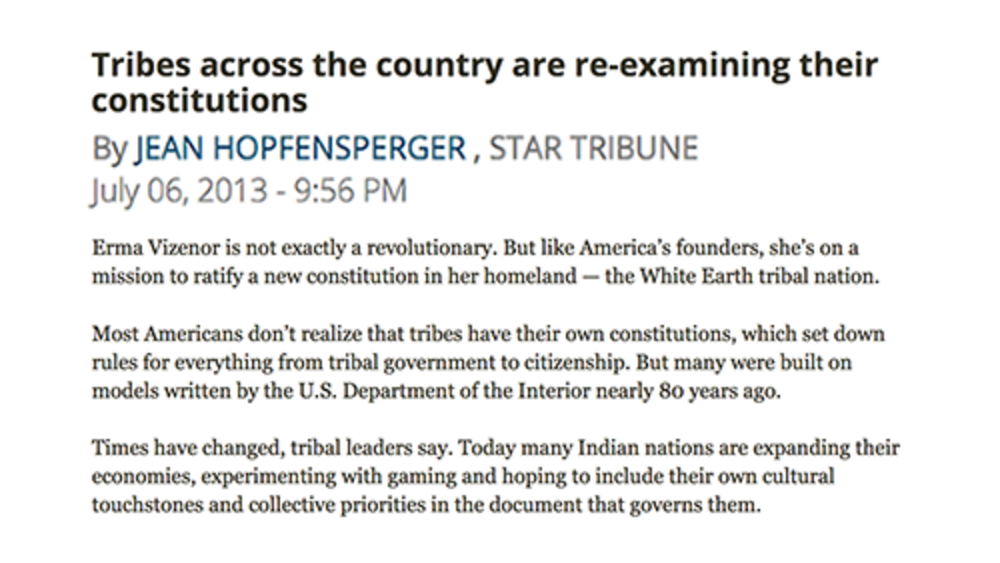
Tribes across the country are re-examining their constitutions
Erma Vizenor is not exactly a revolutionary. But like America’s founders, she’s on a mission to ratify a new constitution in her homeland – the White Earth tribal nation. Most Americans don’t realize that tribes have their own constitutions, which set down rules for everything from tribal…
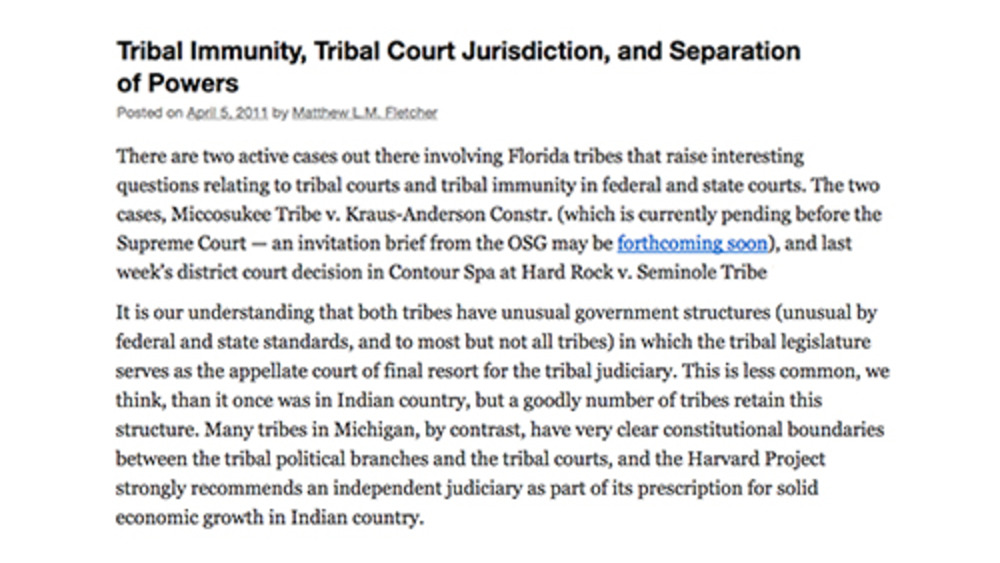
Tribal Immunity, Tribal Court Jurisdiction, and Separation of Powers
There are two active cases out there involving Florida tribes that raise interesting questions relating to tribal courts and tribal immunity in federal and state courts. The two cases, Miccosukee Tribe v. Kraus-Anderson Constr. (which is currently pending before the Supreme Court – an invitation…
